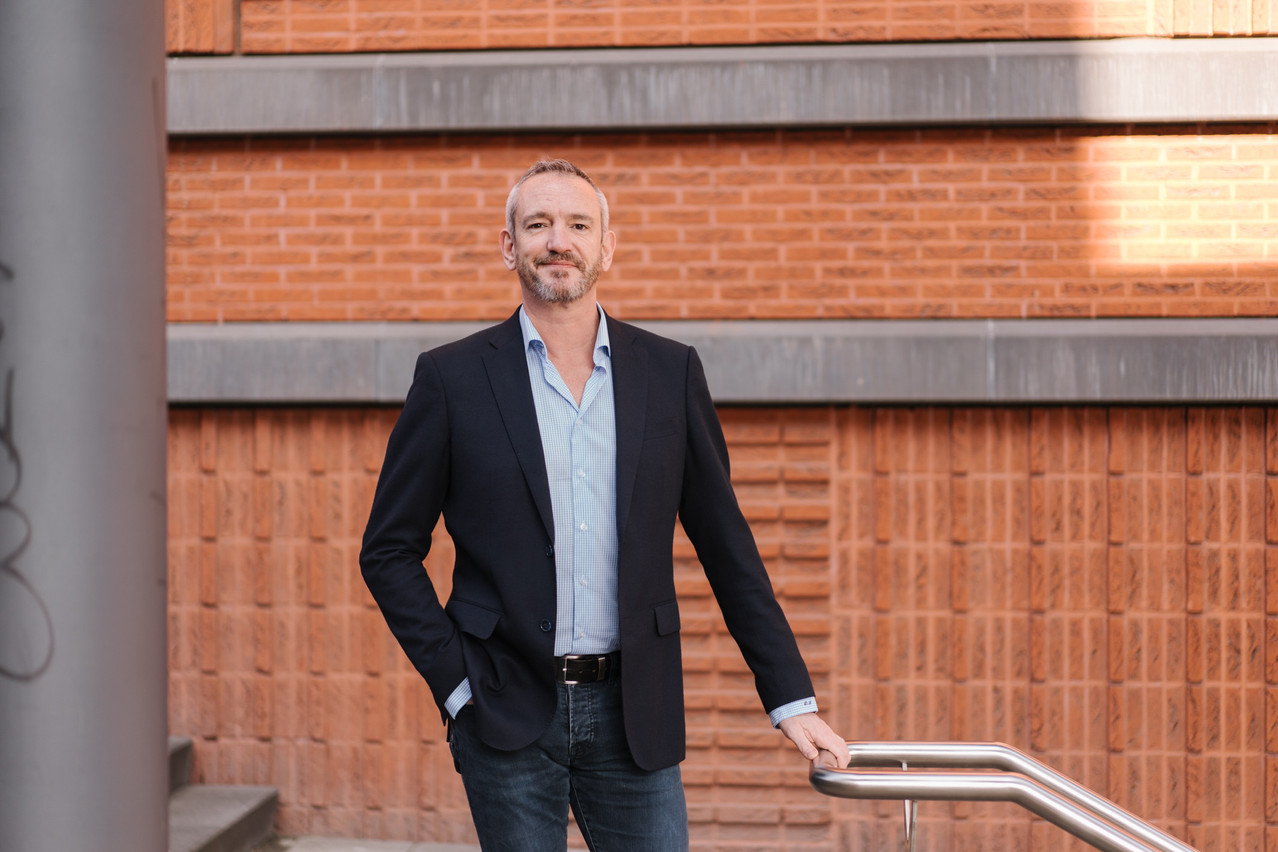Delano: What is the role of govtech in the digital economy?
David Foy: There are two distinct roles to mention. The first is the digital transformation of public services to facilitate the exchange between all parties, be they G2G, G2C or G2B. The digitalisation of public services also affords facilitated access for those with mobility, geographic or timing challenges. The second role is to consolidate data such that it can provide value and insight back to decisionmakers. Increasing the speed and quality of exchanges can accelerate the competitiveness of a national economy.
How is public perception of digitalisation changing? (If it is?)
Fear of change is a natural reaction for most people and this is the same for the adoption of new technology and tools. This resistance has been amplified by some services simply disappearing and people being forced into an online, digital world to complete tasks. Once the benefits in terms of service are felt, these barriers fall and acceptance is achieved.
Social media is a good mirror of the perception of the changes in digitalisation. We can see that, following the resistance of the first years, people took ownership of these new tools to create new opportunities and social interactions. Creating content rather than just consuming it generates powerful engagement. Today there is very little frontier between online and offline life, which brings new concerns such as privacy, fake news, cyberbullying and inappropriate content which must be regulated.
On a business front I think it is clear to everyone today that in order to survive in today’s world some form of digital transformation must be undertaken, if it’s not too late already. Recent studies show that there is more of a gap in understanding rather than a resistance to digitalisation which is a positive sign.
The flipside to acceptance is of course the public concerns that come with digitalisation such as questions on 5G, ethics in AI, cyber-criminality, facial identification, the fear of being left out… all these are legitimate concerns in the public’s perception and it’s the role of public authorities to raise the skills and awareness of the public.
How is the digital sector consolidating?
We see that the advanced digital technologies that can help societies (by stimulating economic growth, improving citizens’ lives, etc.), like HPC calculators or artificial intelligence algorithm platforms or data spaces, require large investments. Not every citizen or every organisation can, alone, invest and take in these technologies. So we now see efforts to roll out and deploy these technologies. I see the digital sector consolidating via a more extensive use of the XaaS business model for these advanced technologies, coupled with workforce and citizen upskilling efforts. Consolidation also translates into concentrating on your core business and not on external distractions. The era of cooperation is here.
Which technologies will make their mark in Luxembourg in 2022?
With the data-driven innovation strategy and the national strategy for cybersecurity recently published by the ministry of the economy, there are several technologies with a specific focus, and with investment, in the near future.
The Meluxina high-performance computer will play a key role in helping companies validate their products and, coupled with the national digital twin initiative, will also address the sustainability of the digital economy.
“Digital nation” also implies a trusted and safe economy and, to this end, cybersecurity will play a major role in the immediate future. New initiatives are being launched which address not only technology but the also the provision of skilled talent in this field. Cybersecurity.lu is the national portal for staying up to date on the products and services open to everyone.
We are also seeing an uptick in quantum technologies with international companies looking to be present where there is an ecosystem that is conducive for their research. With strategic ambitions for (among others) AI, 6/5G, space and investments in technologies and frameworks, Luxembourg seems to tick those boxes. The interdisciplinary centre for security and trust (SnT) is also advancing its research on quantum communications.
You’ve been to Dubai Expo 2020. What did you observe there?
Dubai positions itself very similarly to Luxembourg in its approach of being a living lab. Investments have been made to provide infrastructure and support for testing and validating new technologies similar to the campus structures we see here.
This article was originally published in Delano’s .
